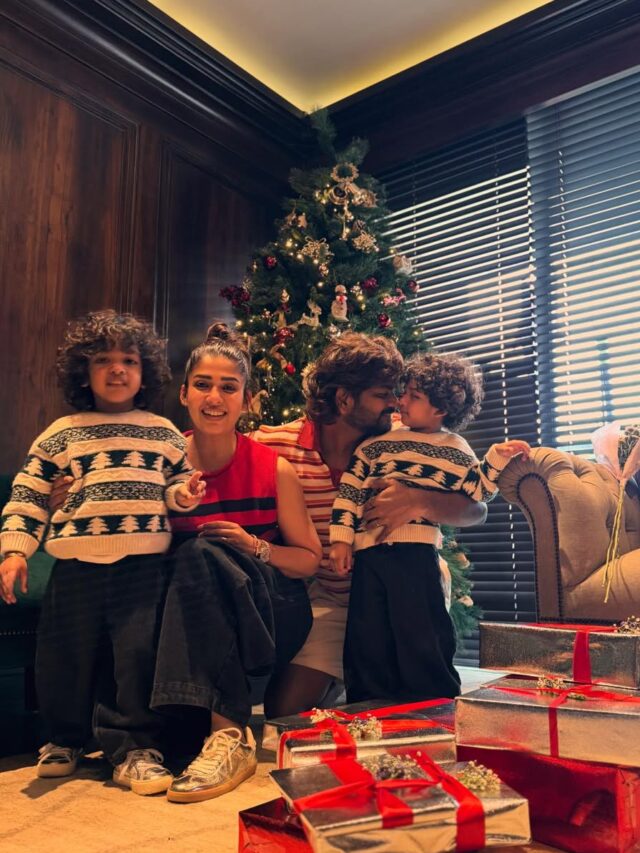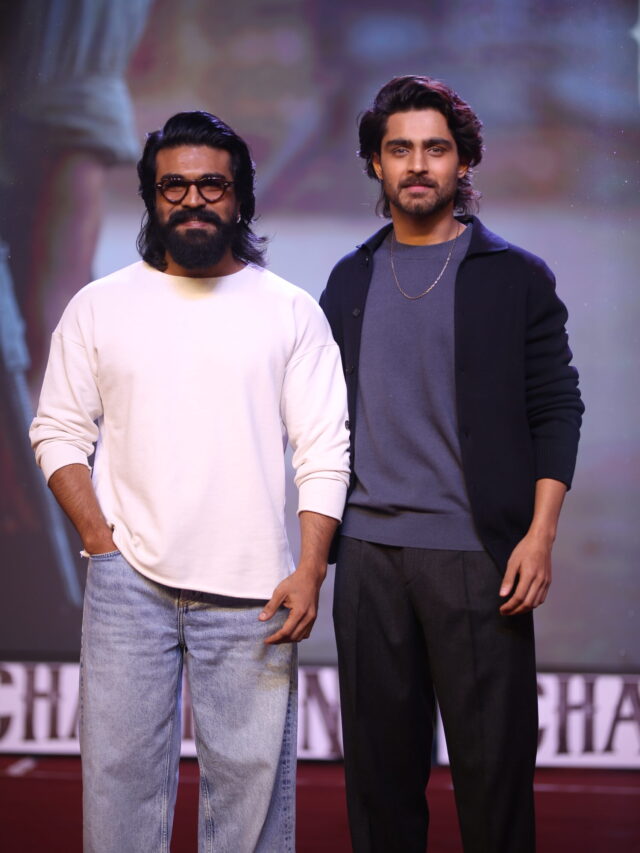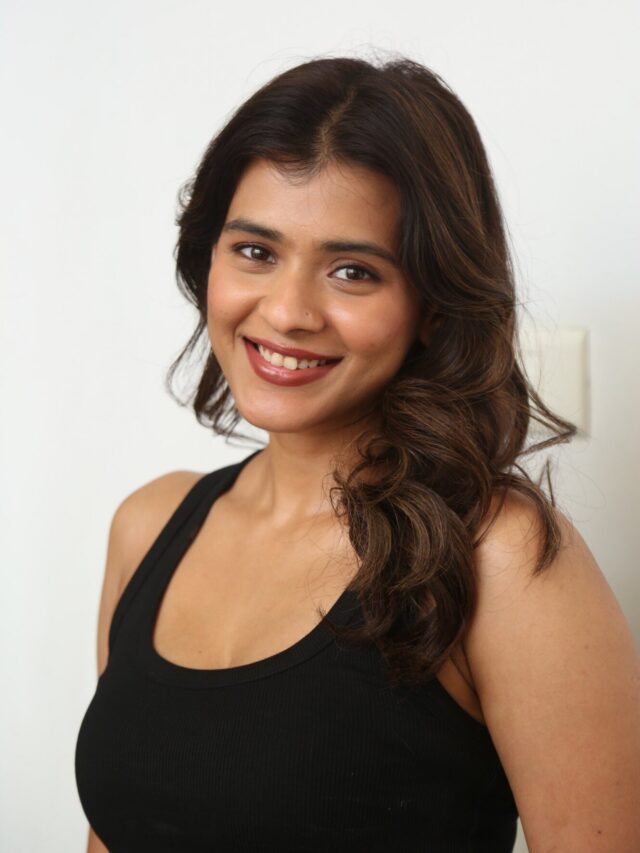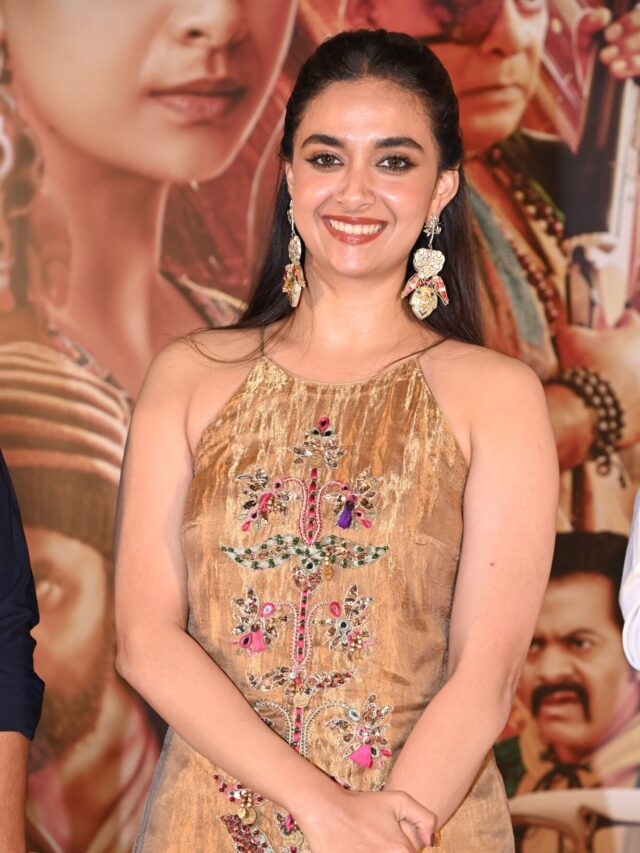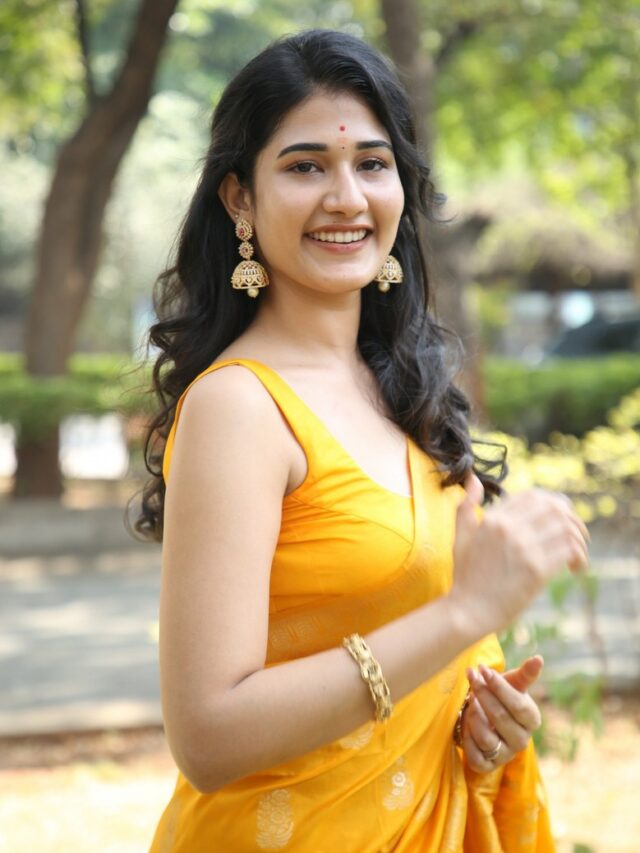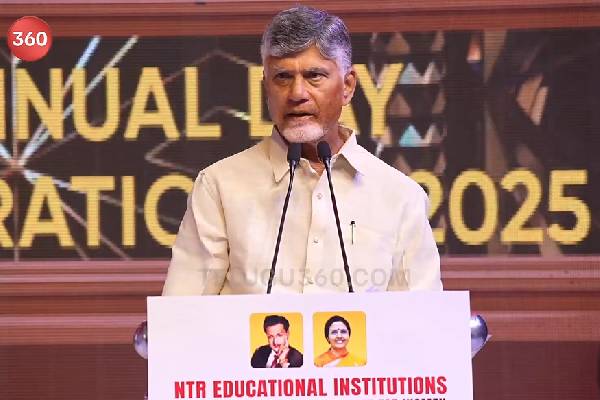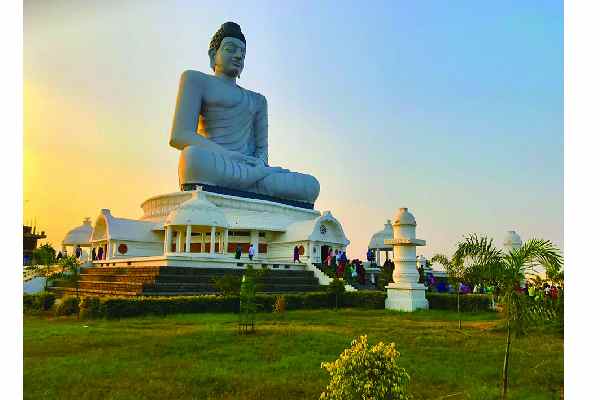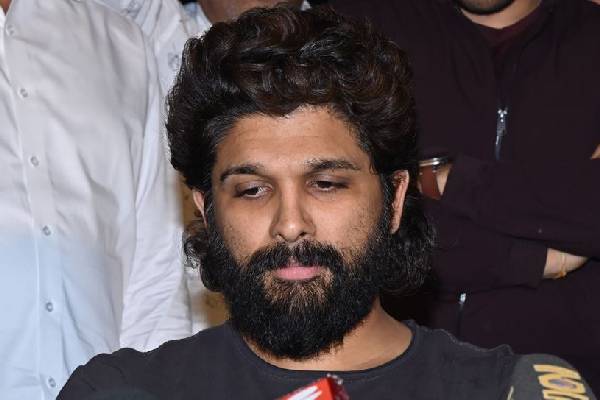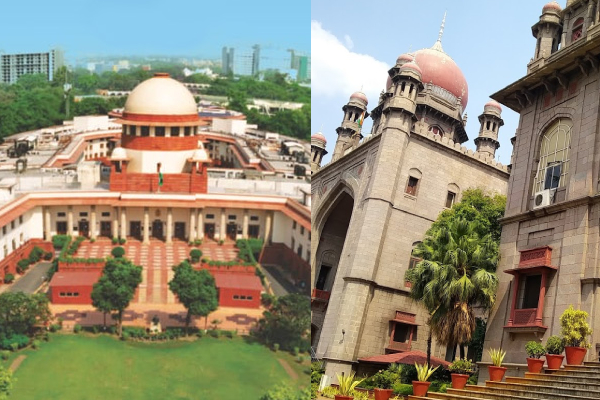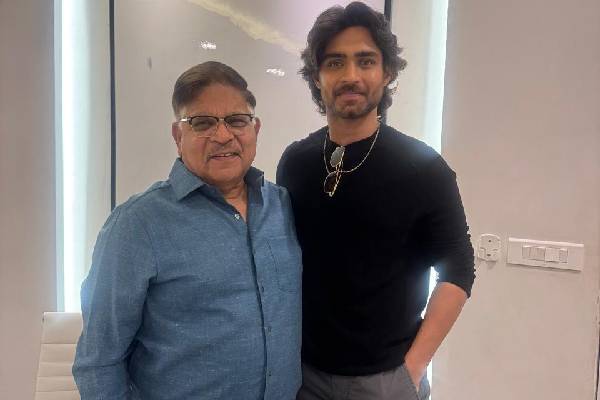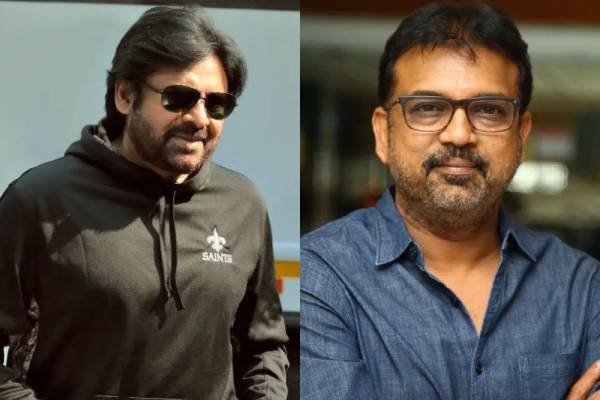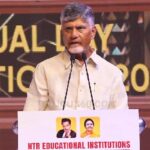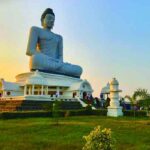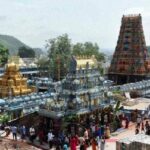Telangana witnessed two major judicial and political developments this week, sparking debates across the state.
The Supreme Court delivered a landmark verdict on the eligibility of students seeking medical education in Telangana. It ruled that a four-year local residency requirement is mandatory, making it clear that students must have studied in the state from 9th to 12th grade to qualify for admission. The bench led by Chief Justice B.R. Gavai upheld the state government’s order and overturned earlier High Court rulings, bringing much-needed clarity to a long-standing controversy.
Meanwhile, the Kaleswaram irrigation project case continues to stir political storms. After the Justice P.C. Ghose report was tabled in the Assembly, Chief Minister Revanth Reddy announced a CBI probe into alleged irregularities. Former Chief Minister K. Chandrashekar Rao and former Irrigation Minister T. Harish Rao challenged the move in the High Court, but the court refused to grant interim relief. It declined to restrain the government from taking action and directed the state to specify its next steps before the upcoming hearing.
Union Minister Bandi Sanjay also stepped in, demanding that the BRS take full responsibility for the alleged irregularities. He criticized the Congress for delaying the referral of the case to the CBI and urged the Chief Minister to act swiftly. He also reminded that an earlier SIT probe into toll rates was never made public and raised concerns about the unresolved issue of phone tapping.
With the Supreme Court’s ruling on medical admissions and the High Court’s refusal to halt proceedings in the Kaleswaram case, Telangana finds itself at the center of heated legal and political debates that are likely to shape its immediate future.


